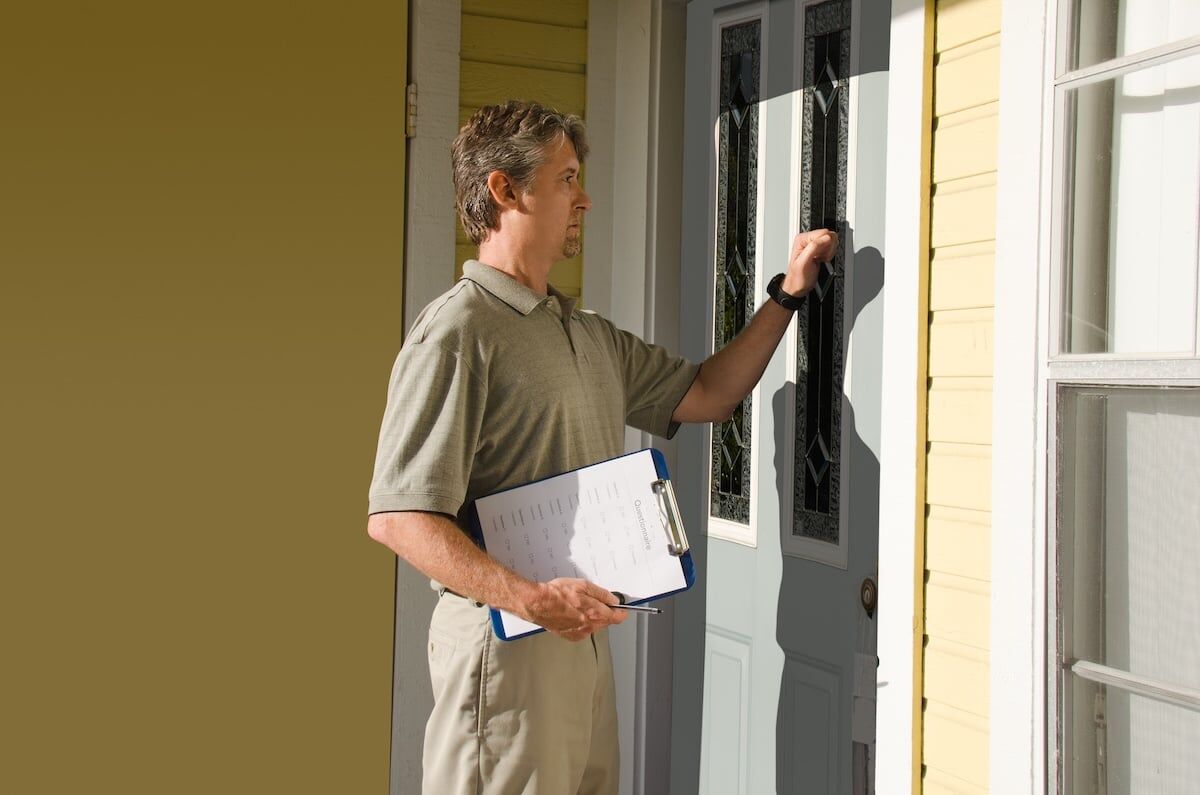Roof scams remain a persistent issue for homeowners, particularly following after major storms or in high-demand neighborhoods. Dishonest individuals exploit urgency, confusion, and trust, offering unrealistic deals, requesting large upfront payments, or employing aggressive sales tactics. Recognizing these schemes is essential to safeguarding your property, your finances, and your peace of mind.
In this guide, we will outline:
- The most prevalent roofing scams in 2025
- Key warning signs that indicate potential fraud
- How to select a reputable roofing contractor
Let’s examine how you can protect yourself when it is time to repair or replace your roof.
❗️ Why Roofing Scams Are Still So Common
Roofing projects are significant investments that most homeowners undertake only a few times in their lives. This infrequency creates an opening for unscrupulous operators or unqualified companies to mislead homeowners who may be unfamiliar with industry norms and standards.
Why Scammers Target Roofing Jobs
- Storm urgency: Following hail or wind damage, many homeowners feel pressured to make quick decisions.
- Insurance confusion: A lack of familiarity with policy details leaves room for misinformation.
- Large cash payments: Roofing work can cost thousands of dollars, attracting fraudulent actors seeking substantial payouts.
Education and awareness are your strongest defenses. Understanding common scams enables you to make informed, confident decisions during your next roofing project.

🤔 7 Common Roofing Scams To Watch For
- Storm chasers who knock on your door: These transient crews arrive from out of town after storms, offering rapid, low-cost repairs. Their work is often substandard, and in some cases, they disappear entirely after collecting payment.
- Contractors demanding full payment upfront: Reputable companies may request a modest deposit but never the total project cost before work begins. A demand for full payment before any work is a clear warning sign.
- “Free” roof inspections followed by fabricated damage claims: Some unethical inspectors deliberately cause damage or falsely report issues to pressure you into unnecessary work.
- Insurance fraud schemes: Dishonest contractors may offer to “cover your deductible” or artificially inflate your insurance claim. This can result in claim denial or even legal repercussions for the homeowner.
- No written contract or unclear terms: A refusal to provide a signed, detailed contract is often a tactic to avoid responsibility for poor workmanship.
- High-pressure sales tactics: Beware of offers that are “only valid today” or contractors insisting on immediate signatures without giving you adequate time to review.
- Unlicensed or uninsured roofers: Always verify proof of insurance and licensing to protect yourself from liability if something goes wrong.
Each of these scams relies on urgency, uncertainty, or inexperience. By preparing in advance, you can effectively avoid them.
🚩 Red Flags to Watch For
Recognizing early signs of potential scams can help you avoid significant losses.
- No local address or contact information: A legitimate roofing company should have a physical office or established presence in your area.
- Unmarked vehicles and generic uniforms: Established contractors use branded trucks and professional attire.
- Vague references or no reviews: Always check online reviews and request customer references.
- Poor communication: If a contractor is evasive, vague, or unwilling to answer questions, proceed with caution.
Trust your judgment. If something feels questionable, it likely is.
💪 How To Protect Yourself From Roofing Scams
Avoiding roof scams is easier when you know what steps to take before and during the hiring process.

Do Your Research
- Look up the company: Check Google reviews, Better Business Bureau ratings, and social media.
- Ask for proof of insurance: Make sure they carry both liability and workers’ comp insurance.
- Get multiple quotes: Don’t settle for the first offer—compare at least two or three estimates.
Get Everything in Writing
- Detailed contract: Include scope of work, materials, cost, timeline, and payment terms.
- Warranty info: Know what’s covered and for how long.
- Change order policy: Understand how mid-project changes will be handled.
Never Pay in Full Upfront
- Reasonable deposits: A legitimate contractor may ask for 10–30% as a down payment.
- Pay as you go: Most companies invoice after specific project milestones or upon completion.
At Indy Roof & Restoration, we make everything transparent and easy to understand—no pressure, no confusion, and no cutting corners.
⛈️ Why Post-Storm Scams Are on the Rise
In Indiana and other storm-prone areas, roofing scams often spike after major weather events. Scammers know homeowners are desperate to fix their damaged roofs and return to normal.
Tips After a Storm
- Call your insurance company first: Don’t let a contractor talk you into filing a claim without official documentation.
- Schedule a local inspection: Choose a roofer based in your community who can provide references and proper licensing.
- Beware of aggressive canvassing: Just because someone has a clipboard and a ladder doesn’t mean they’re qualified.
At Indy Roof & Restoration, we specialize in storm damage inspections and can work directly with your insurance adjuster to ensure a fair and accurate claim.

🤝 Trust Indy Roof & Restoration—Indiana’s Scam-Free Roofing Partner
Indy Roof & Restoration is committed to integrity, clear communication, and superior craftsmanship. With us, you will never face aggressive sales tactics, vague contracts, or unexpected charges.
Protect your home and your trust by working with a contractor who values your peace of mind.
Schedule your roof inspection today with Indy Roof & Restoration, your reliable partner for repairs, replacements, and storm damage restoration without the risk of scams.

